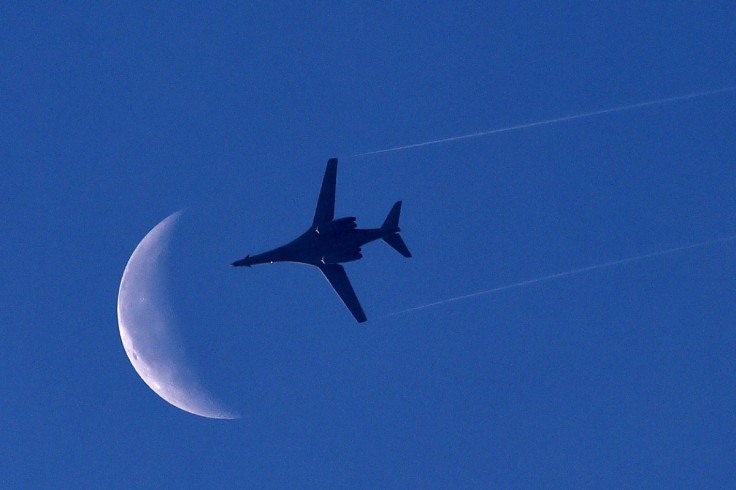US air strike on al-Qaeda camp in Yemen kills dozens

The US military struck an al-Qaeda in the Arabian Peninsula (AQAP) training camp located in the mountains in Yemen killing dozens of its fighters in the second such air strike this month. On 5 March, an al-Shabaab terrorist camp in Somalia was attacked killing at least 150 people.
Announcing the latest air strike, Pentagon spokesman Peter Cook said: "This strike deals a blow to AQAP's ability to use Yemen as a base for attacks that threaten US persons, and it demonstrates our commitment to defeating al-Qaeda and denying it safe haven."
Cook added that the Yemen camp was being used by more than 70 AQAP terrorists. Yemeni security officials told the Associated Press that the target was a former military base in the southwest of Yemen that was taken over by al-Qaeda fighters.
Yemen has been a traditional stronghold of the AQAP since its inception in 2009. The al-Qaeda affiliate was formed by merging the Yemeni and Saudi wings of Osama bin Laden's networks, Reuters reported, adding that the offshoot was involved in an attempt to bomb a US-bound flight in 2009 and also claimed responsibility for the 2015 attack on the Charlie Hebdo magazine in Paris.
US drone strikes in 2015 succeeded in eliminating a number of high-profile AQAP figures, including leader Nasser al-Wuhayshi, religious official Harith al-Nadhari, ideologue and spokesman Ibrahim al-Rubaish, according to the BBC.
The US has conducted about 575 air strikes in Yemen, Somalia and Pakistan so far killing about 4,000 militants as well as civilians, estimates by Micah Zenko, a counterterrorism analyst at the Council on Foreign Relations, show.
Zenko, who studies the strikes and tracks them, believes that the White House seems to have changed its strategy on air strikes as the two recent strikes resembled conventional war strikes with mass casualties, in contrast to the more "targeted killings" in the past, the Guardian reported.
"The Somalia and Yemen strikes suggest that the White House has authorised a significant opening of the aperture to target gatherings of suspected terror groups, rather than named individuals who pose imminent threats," Zenko added.
© Copyright IBTimes 2025. All rights reserved.





















